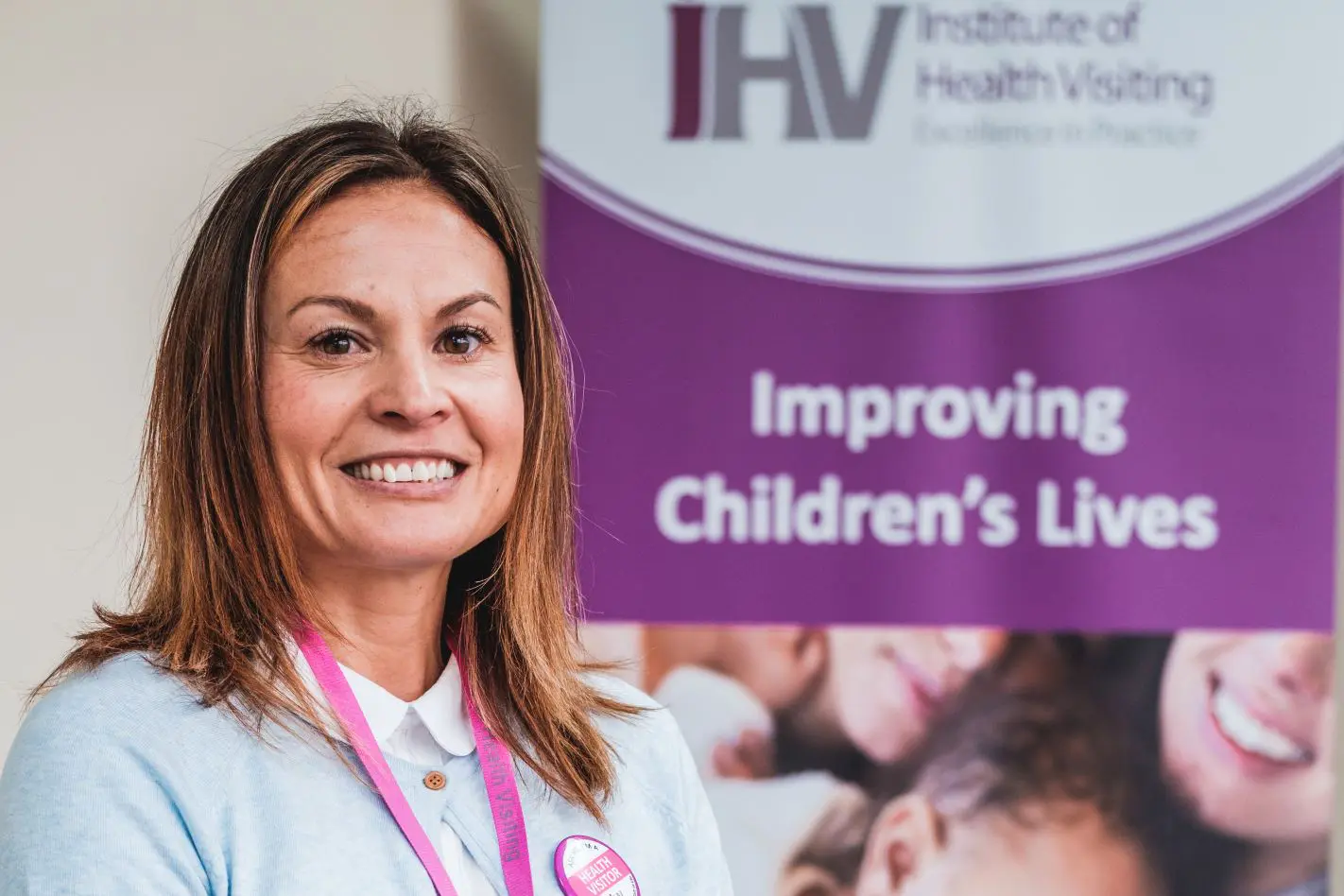13th May 2019
A blog by Rachael Parker who has just joined the iHV as Professional Development Officer focused on supporting our mental health activity.

Rachael Parker
I am delighted to be joining the team at the Institute of Health Visiting to support the expanding mental health workstreams and their vital contribution to promoting and achieving good family mental health.
I was lucky enough to start my first day with the team last week, at the iHV Evidence-based practice conference in Manchester. It was such a vibrant event, combining high quality research, innovation and policy discussions. It left me feeling incredibly optimistic about health visiting practice and to quote one of our fantastic speakers:
“Health visitors are the most influential agents to promote the best start in life”.
My second week with the team starts with Mental Health Awareness Week (#MentalHealthAwarenessWeek), hosted by the Mental Health Foundation. The theme of this year’s event is ‘Body Image’ (#BeBodyKind) .
I have no doubt that national awareness campaigns have positively improved public education about mental health and that they have challenged the associated stigma. This is so important as women and their partners are often reluctant to disclose mental health difficulties due to fear of being judged. This highlights the stigma that still exists around mental health difficulties in the perinatal period when, traditionally and culturally, it is perceived as a joyous time and as a consequence some mothers and fathers feel shame and guilt for not feeling happy. It is suggested the inverse relationship between stigma and help seeking is significant in the general population but even more so in the perinatal period.
The theme of ‘Body Image’ for this #MentalHealthAwarenessWeek was selected as it can affect all of us at any age. The relationship between body image and weight-related concerns during the perinatal period is a crucial aspect to consider in relation to emotional wellbeing. Body image is defined as an internal picture or mental image formed in our minds. It is also the attitude that represents the individual’s valuation of their own body. Research suggests that women feel more negative towards their body image in the last trimester of pregnancy. In addition, women often feel pressure (possibly as a result of media messages) to rapidly return to their pre-pregnancy body. This is unrealistic. Evidence suggests that women who are affected negatively by changes to their body are less likely to initiate breastfeeding.
Health visitors are well placed to talk to women about body image and ask women how they are feeling about their body during the perinatal period. In addition, it is important to discuss realistic expectations about body image and offer information about healthy nutrition and physical activity. This can support mother and baby attunement, positive family relationships to food and prevent intergenerational transmission of eating anxieties and, as a result, lay the foundations for positive mental health throughout the life course.
I very much look forward to working with you all in the development of perinatal and infant mental health practice across several iHV projects including the very exciting European PATH project, the iHV PIMH Forums and the creation of new iHV Relationship Champions project.
Rachael Parker, Professional Development Officer, iHV

